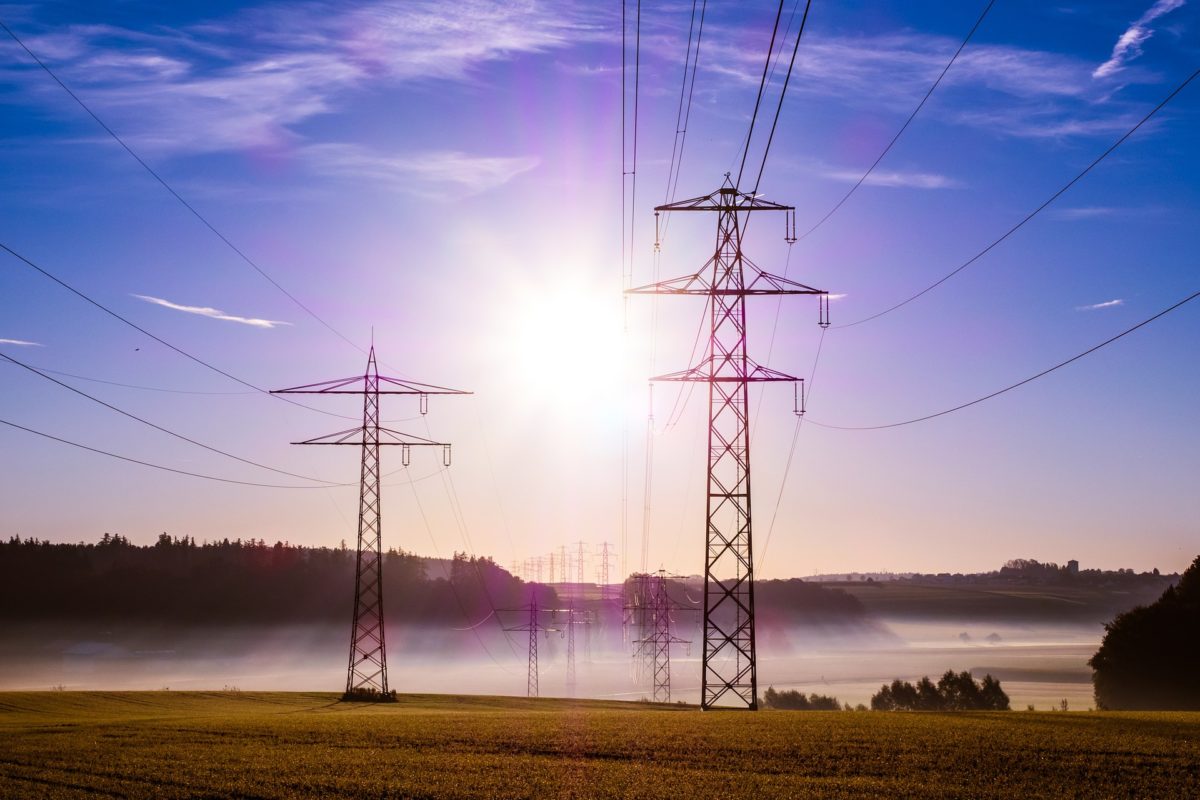Developers deciding whether to submit interconnection requests for large-scale renewables or storage should be allowed to perform informational studies that estimate the cost of interconnection, Tesla said in comments on a proposed interconnection rulemaking, issued by the Federal Energy Regulatory Commission (FERC).
FERC has instead proposed to require transmission providers to offer developers an informational interconnection study.
Tesla, known for its battery storage projects, said that FERC’s approach of relying on transmission providers to perform informational studies “threatens to consume already thinning transmission provider resources and delay customer projects.”
In contrast, developers, equipment manufacturers, and third parties acting on their behalf “are in a much better position to handle these studies and ensure their ultimate relevance to a specific project or group of projects,” Tesla said. These entities can assess not only different project locations but also different project control configurations “that might optimize available interconnection capacity and reduce the need for network upgrades.”
Non-synchronous generation such as battery storage, Tesla said, has more software features than traditional synchronous generation, “and transmission providers are not as familiar with the nuances of these software controls, making it more difficult for them” to account for software capabilities in informational studies.
For example, equipment manufacturers “can fine-tune aggregate plant controls regarding voltage and frequency stability at the point of interconnection, which can significantly influence the results of informational studies,” Tesla said.
Tesla estimated that “if provided the proper grid models and reports, we would be capable of conducting an informational study in less than two weeks,” allowing the firm to assess “many potential projects and points of interconnection, without burdening transmission providers.”
Tesla said its proposal would increase the likelihood that projects submitted for interconnection cluster studies are viable, and make it less likely that developers would alter or withdraw projects and trigger time-consuming interconnection restudies.
Grid models
To enable developers, equipment manufacturers and third parties to perform informational studies, Tesla asked FERC to direct transmission providers to furnish prospective interconnection customers with access to grid models, previous cluster studies, and cluster study models, subject to a standardized confidentiality agreement.
The Australian Energy Market Operator (AEMO) already enables developers and manufacturers to conduct their own informational interconnection studies by furnishing customers with the necessary grid models to complete the analysis, Tesla said. The company recommended that high-level FERC staff and transmission provider staff “engage in cross-market discussions with AEMO” on this topic.
Tesla urged FERC to act quickly on recommendations from all commenters “to leverage the experience and knowledge-based resources” of manufacturers and developers “that can support significant and quickly scalable improvements to the generator interconnection process.”
Actual interconnection studies
Renewables-focused trade groups SEIA and Advanced Energy Economy (AEE) renewed in their comments a call to allow third parties to conduct actual, not informational, interconnection studies.
SEIA said “to the extent that transmission providers lack the resources” to complete interconnection studies, FERC should allow interconnection customers to use third-party consultants to produce required studies “in accordance with transmission provider standards and criteria.”
AEE said “interconnection customers should be given the option of using third-party consultants to produce required studies if transmission providers cannot do so accurately and on schedule.”
Comments from Tesla, SEIA and AEE are available via FERC’s docket search webpage, under docket #RM22-14-000.
This content is protected by copyright and may not be reused. If you want to cooperate with us and would like to reuse some of our content, please contact: editors@pv-magazine.com.








By submitting this form you agree to pv magazine using your data for the purposes of publishing your comment.
Your personal data will only be disclosed or otherwise transmitted to third parties for the purposes of spam filtering or if this is necessary for technical maintenance of the website. Any other transfer to third parties will not take place unless this is justified on the basis of applicable data protection regulations or if pv magazine is legally obliged to do so.
You may revoke this consent at any time with effect for the future, in which case your personal data will be deleted immediately. Otherwise, your data will be deleted if pv magazine has processed your request or the purpose of data storage is fulfilled.
Further information on data privacy can be found in our Data Protection Policy.